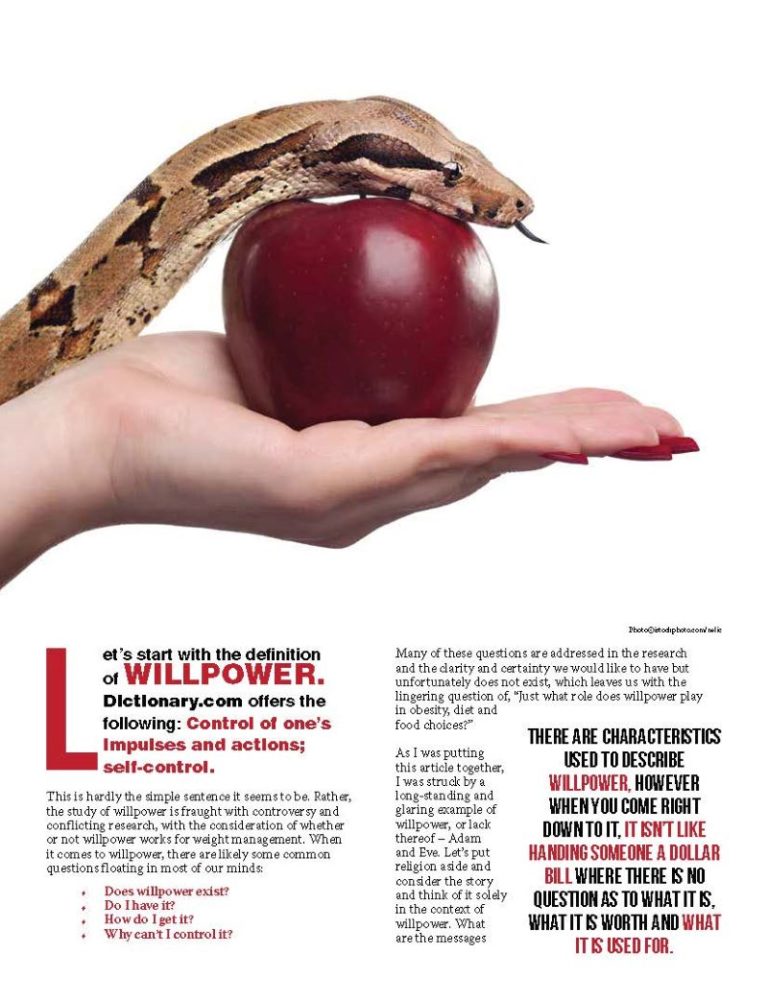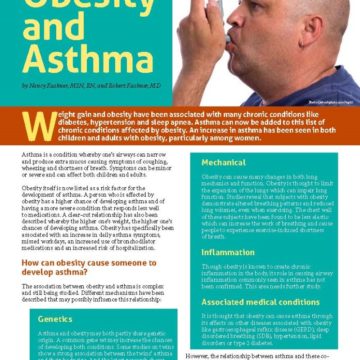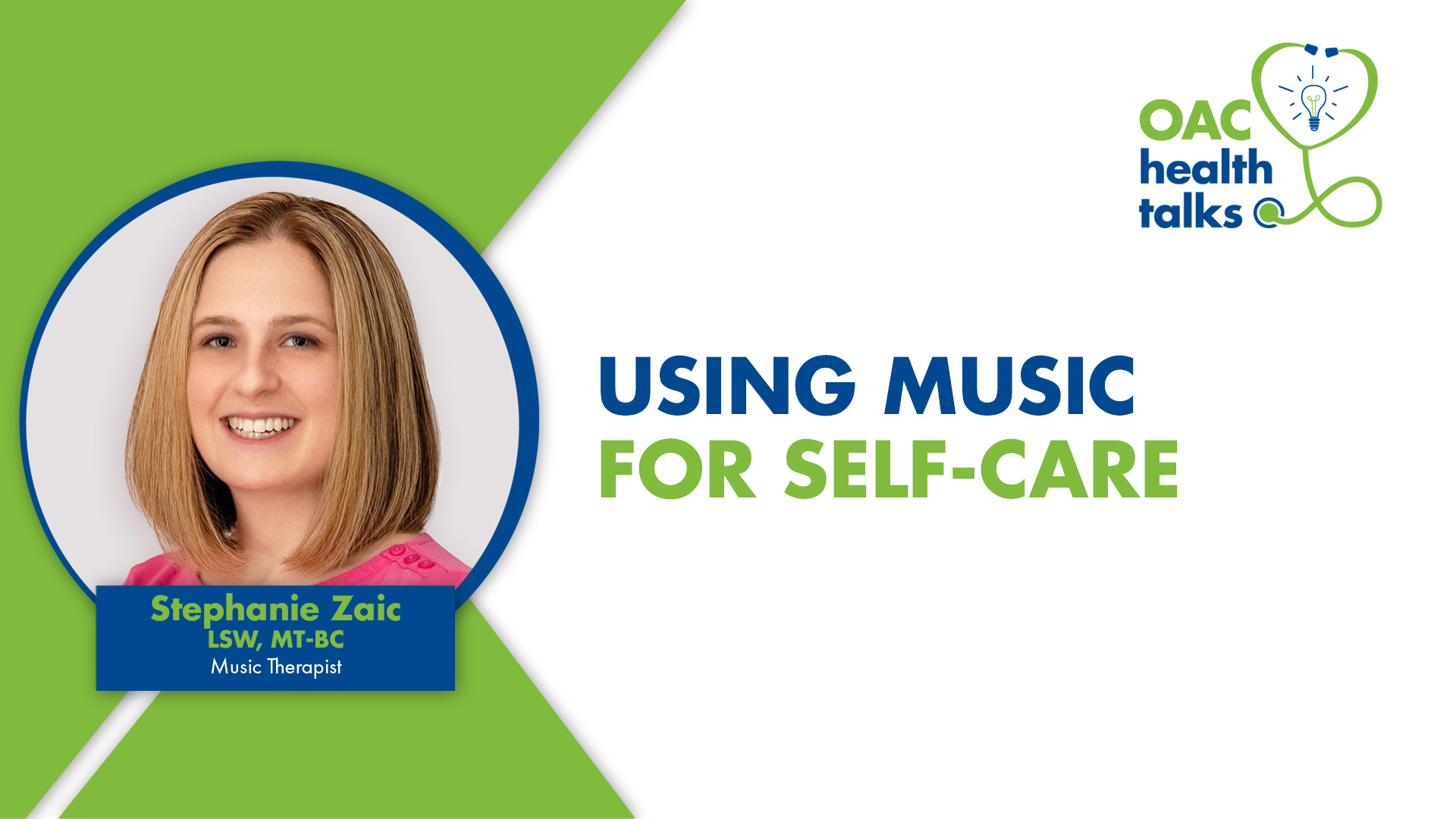What “Power” Does Willpower Hold?


by Melinda J. Watman, BSN, MSN, CNM, MBA
Winter 2014
Let’s start with the definition of WILLPOWER. Dictionary.com offers the following: Control of one’s impulses and actions; self-control.
This is hardly the simple sentence it seems to be. Rather, the study of willpower is fraught with controversy and conflicting research, with the consideration of whether or not willpower works for weight management. When it comes to willpower, there are likely some common questions floating in most of our minds:
- Does willpower exist?
- Do I have it?
- How do I get it?
- Why can’t I control it?
Many of these questions are addressed in the research and the clarity and certainty we would like to have but unfortunately does not exist, which leaves us with the lingering question of, “Just what role does willpower play in obesity, diet and food choices?”
As I was putting this article together, I was struck by a long-standing and glaring example of willpower, or lack thereof – Adam and Eve. Let’s put religion aside and consider the story and think of it solely in the context of willpower. What are the messages identified with lacking willpower? First, there is moral judgment resulting in punishment. Then there is good or bad, right or wrong, strong or weak. It is no wonder we beat ourselves up when we “fail” to have the willpower we so desperately feel we should have. Can it be we are wholly responsible for any gaps or lapses in willpower? Likely not, so let’s consider the “what,” “why” and “now what” of this topic.
First, WHAT is willpower?
This is not an easy question to answer. There doesn’t seem to be anything concrete to grab onto. There are characteristics used to describe willpower, however when you come right down to it, it isn’t like handing someone a dollar bill where there is no question as to what it is, what it is worth and what it is used for. But like many things with psychology at its root, willpower is a lot more complicated and has competing things influencing it.
The general categories of willpower include:
- Controlling your impulses – Such as buying popcorn at the movies because the smell suddenly hits your brain.
- Delaying gratification – In the near term, in order to realize the bigger goal such as foregoing the popcorn in order to reach your longer term goal of weight-loss.
- Controlling emotions – Such as trying to change your mood.
- Controlling performance – Such as managing how you do something – speed, accuracy, etc.
Recent research supports the analogy of willpower being like a muscle that tires and can be strengthened and trained. This consideration comes from a variety of studies that measure “ego depletion,” a concept put forth by Professor Roy F. Baumeister of Florida State University. Simply put, ego depletion refers to the fact that we have a “bank account” of willpower and once it is used up, it has to be replenished. More or less, this bank account is configured as a daily measurement.
WHAT factors contribute to ego depletion?
Not surprisingly, resisting food/dieting results in ego depletion. Many of the other factors implicated are also ones involved with our overall wellbeing. Prime examples are stress, sleep deprivation, hunger, illness, complex decision making, and trying to achieve numerous goals at the same time. It’s important to remember that for most of us, we don’t have just one or two of these things going on – many of us have several of the ego depleting factors happening simultaneously and regularly. In fact, Baumeister’s latest research indicates that people spend three to four hours a day resisting desires.
WHY is this important to me?
There tends to be a lot of self-rebuke among dieters when they “fall off the wagon,” “cheat,” or any number of other ways to describe a less than perfect attempt at losing weight. We blame ourselves for our weakness, lack of discipline, self-control and willpower. For many of us, we see it truly as our fault without consideration to the many other contributing factors or research findings. In fact, we give a lot of “power” to willpower. So what does it all mean?
I would put forth that many with obesity are bombarded with an unusually high number of concurrent ego-depleting circumstances such as the following:
- Stress – worrying about one’s weight and health
- Emotions – stigmatization, self-incrimination, anger, frustration, guilt
- Sleep deprivation – sleep apnea
- Illness – comorbidities of obesity
- Hunger – diet and/or disease-induced
If we then add into the above other typical factors such as work decisions, family matters and others, it isn’t hard to understand why there is little if anything left over to have the willpower for long-term successful weight loss. While there hasn’t been research that exclusively looks at willpower and those with obesity, the research that has been done suggests that willpower, ego-depletion and food choices is a much more complex challenge than deciding to exercise or start saving money.
We know there are numerous contributors to how and why obesity arises and new research is continuously surfacing revealing new information and indicators. In addition to the psychological, where willpower and ego depletion live, there are the environmental, biological, hormonal, genetic, biochemical factors that play a critical role. Removing them from the equation is doing a disservice to anyone with obesity.
“NOW WHAT”?
We are back to square one – just what power does willpower have? Are we able to step away from the preconceived notion that the lack of willpower is a personal failing and perhaps embrace some of the new thinking about the topic? If so, we can reframe some of our old notions and take some of the new information and make it work for us and not against us. Perhaps the goal isn’t to consider willpower as the be all and end all to successful dieting. Perhaps it is something to be considered as a tool to use in other areas of our lives.
According to Baumeister and others, there are things we can do to increase the willpower factor. Trying to do things differently – writing with your non-dominant hand, learning something new, forming new (positive) habits, exercising and meditating – can all contribute to a larger willpower bank account.
Ways to help decrease ego depletion:
- Make decisions when you are fresh, alert, not hungry or tired
- Set short term goals
- Set concrete goals
- Minimize stress
- Use pre-determination thinking by planning ahead – “If someone offers me a piece of chocolate, I will say thanks and take out my apple.”
It is time to take the power away from willpower. Nothing good or helpful comes from self-recrimination. It is hard to know if ego depletion will remain the framework, however, for the moment, it provides a way to restructure how we can think about and utilize willpower without having it fall completely on diet and food choice.
About the Author:
Melinda J. Watman, BSN, MSN, CNM, MBA, spent years in clinical practice and recently founded “THE F WORD FAT tiny word, BIG impact,” a company that provides educational seminars to organizations on understanding, managing and eliminating weight bias and discrimination. She is also a member of the OAC National Board of Directors.
by Robyn Pashby, PhD Winter 2024 “No one is ever going to date you if you don’t…
Read Articleby Leslie M. Golden, MD, MPH, ABOM Diplomate Winter 2024 The journey to overcoming obesity is a…
Read ArticleDid you know that stress can have an impact on weight? Many people increase their food intake…
View Video










